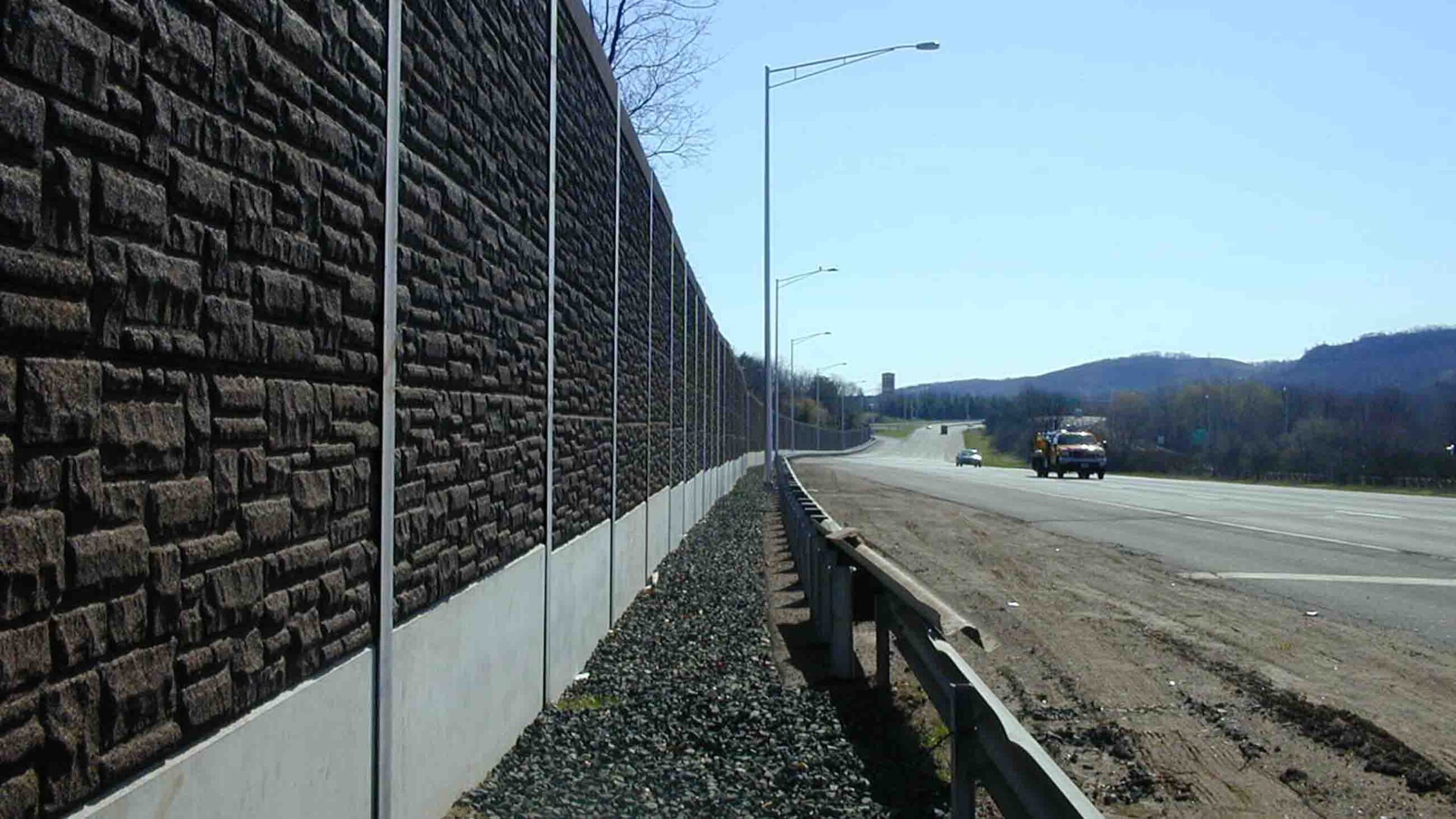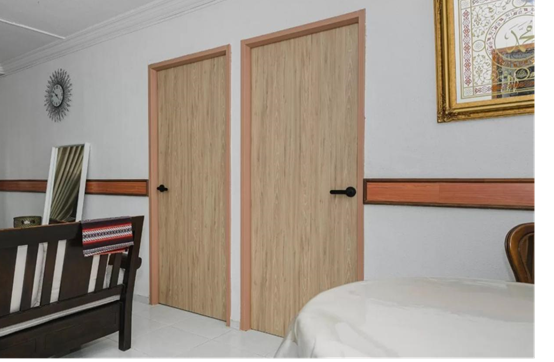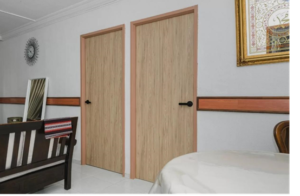Outdoor noise can be very annoying, especially when you are exposed to it every day. You may not be outdoors all the time, but if you live or work close to a noisy environment, you’ll be hearing these unwanted sounds while indoors. For instance, if your office is situated right next to a busy street, then for sure the sounds of vehicles running and honking have become a staple to your ears already.
This isn’t healthy, though. In the long run, outdoor noise can have adverse effects not only to your ears, but to your overall wellbeing too.
There are many ways to mitigate the effects of outdoor noise, since you do not have direct access to their controls. These include:
- Closing the windows.
You may not realise it right away, but closing the windows helps a lot in mitigating the effects of outdoor noise. Windows are ideal portals for soundwaves to enter an indoor space. They can gather noise from far distances, especially when they are in front of busy streets or highways. They can also catch noise at high elevations too.
When you keep your windows closed, you also block the entry of sound into your indoor space. Glass may be transparent, but it has a compact structure that prevents soundwaves from penetrating, thus the sonic impact becomes significantly reduced when it lands in your room.
You can further improve the effects of closed windows by covering them with thick curtains. These curtains serve as insulators that block not just the light but also the sound coming into your room, almost in the same manner as noise barriers.
- Insulating your walls and ceilings.
Another good investment to mitigate the effects of outdoor noise is by insulating your walls and ceilings.
Today’s homes and structures are built with concrete. It may be compact, but it is not capable enough to handle the stress brought by soundwaves. Even if you are indoors, you can still hear the noise from the outside loud and clear.
Insulating the walls and ceilings helps prevent the entry of outdoor noise. They likewise absorb certain sound attributes such as echo and reverb, which make the feeling of the sound heavier and more stressful to the senses.

Insulating the walls and ceilings may not totally block the outdoor noise from entering your space, but it helps keep the sound to a minimum. You can then continue with your tasks comfortably without getting distracted by the unwanted sounds.
- Surrounding your area with noise barriers.
Meanwhile, there are times when the source of noise is coming from your place. These include operating machines such as generators, lawn mowers, or hosting events. The sounds they make can be annoying to your neighbours, so it is best to mitigate them too.
You may want to surround your premises with noise barrier sheets during these occasions. Noise barrier sheets help in keeping the noise from traveling to far distances, and stay within your area. They likewise help improve the quality of sound, since the soundwaves are concentrated in a specific space and not dispersed in the open air.









